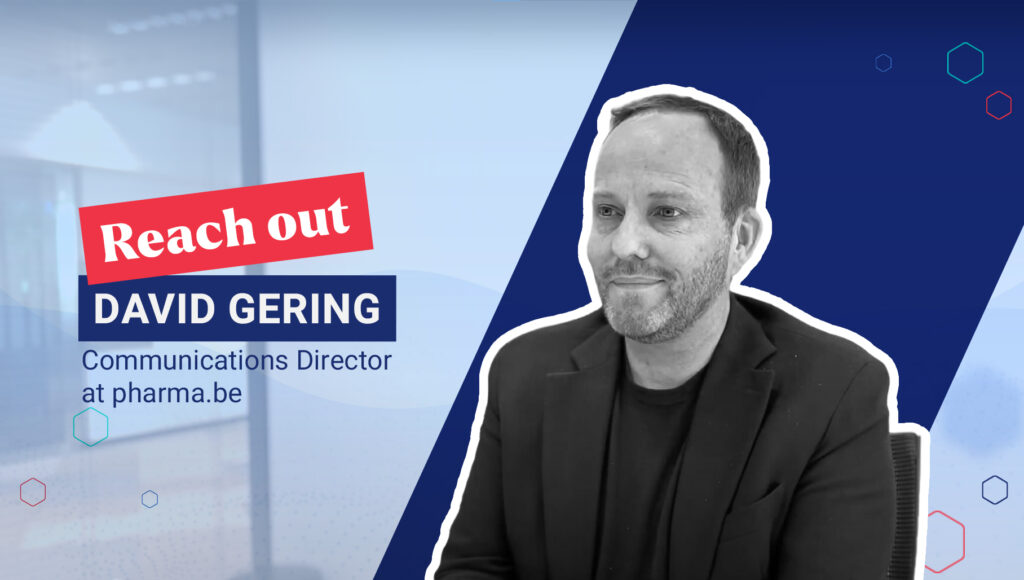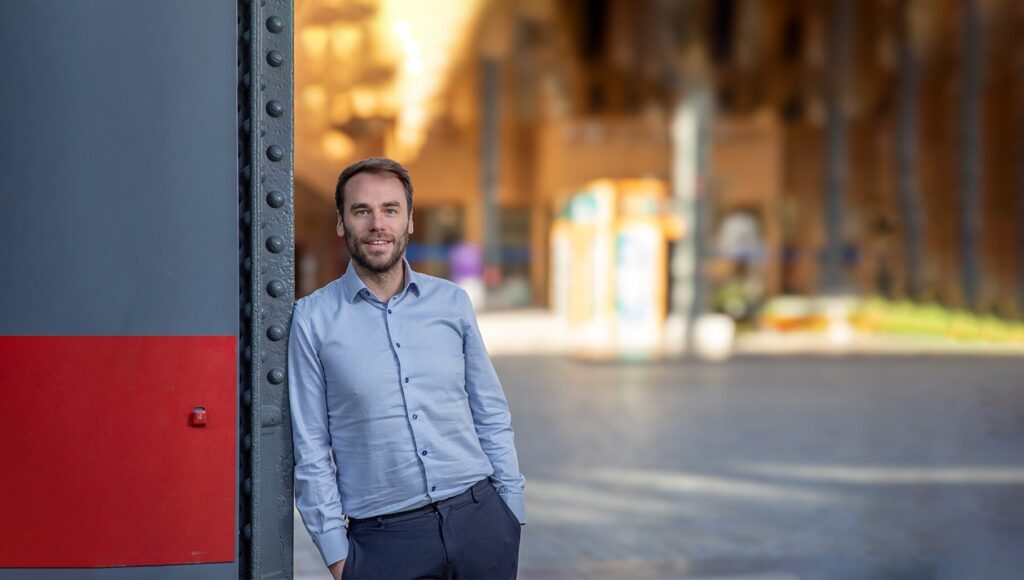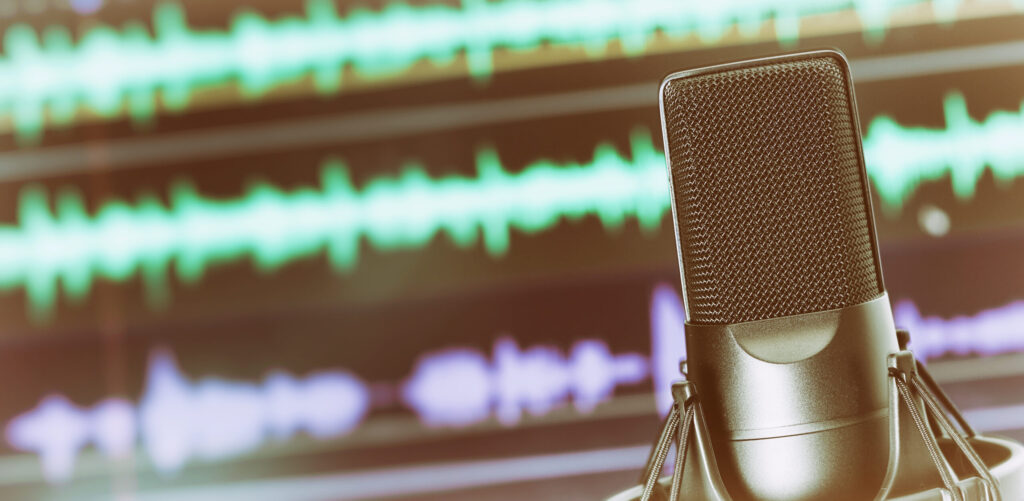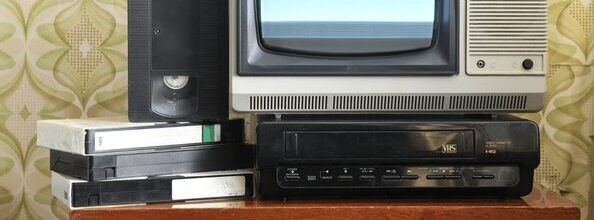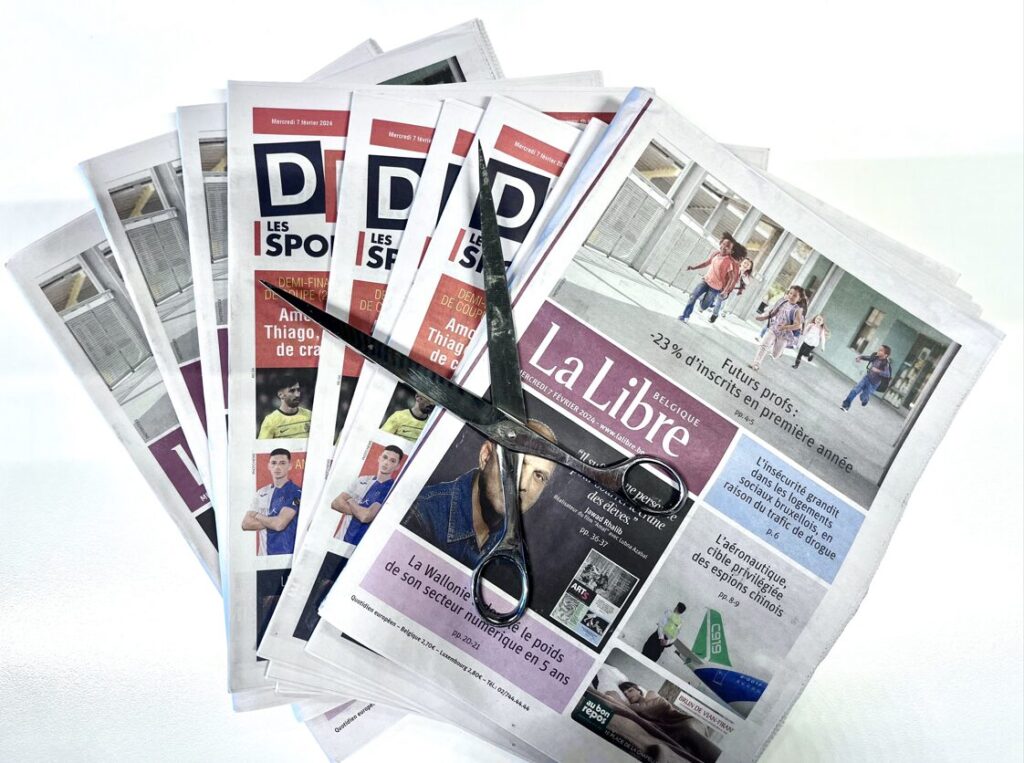Did you think that after our first two chapters the world of media monitoring would hold no secrets for you? Think again! Here is the final volume in our trilogy on media monitoring, the interview with the chairman of Auxipress: Mr Joachim Von Beust. From his beginnings to his vision for the future, Mr Von Beust tells us what he loves about his job, and his story comes with a lot of surprises !
Can you tell us about your beginnings at Auxipress?
I arrived in Belgium in 1978 when the company “Auxiliaire de la Presse” was taken over by Argus Media, which was also active in media monitoring in Germany and Europe. Initiated by my father, who owned Argus Media, we were quickly able to reshape the structure of the service offerings and prices, also changing the name to Auxipress. The challenge was considerable, as I still had to finish my studies at the same time, learn the monitoring trade (in Belgium), and improve my French skills.
What do you like most about your work?
What has always attracted me to this profession, and what continues to fascinate me today, is the taste for current affairs and our ability to extract the essential from them. Selecting from the vast array of published information and interpreting this data has always been an exciting task for me; in fact, it’s the reason I’ve stayed in this field. Over time, it has become increasingly difficult to distinguish truth from falsehood, with a proliferation of interpretations, distribution channels, and involved actors, especially in the business world. This demands increased professionalism to effectively assist clients. It’s this desire to help clients that has always fascinated me, and even today, the flame still burns because the challenges are both complex and exciting.
Which collaboration or client has impacted you the most?
I’ve had a lot of direct contact with clients, but one story has stuck with me because it epitomizes this profession, where it takes a lot of patience to build a relationship with the client.
At one point, I wanted to strengthen our ties with European institutions, given our location in Brussels. So, I set out to build relationships with decision-makers within the Commission and the European Parliament. I established contact with a lobbyist, with whom we collaborated for two and a half years to gain access to one of the key directors for us. After I delivered a convincing presentation, he opened the doors to European regions for us. It was a high-potential client! We had made a very impressive presentation, and the director was very enthusiastic. However, with the European elections, this director was replaced, and we were sidelined. We had to start all over again. This experience is quite common and teaches us the importance of patience and perseverance.
Have clients’ expectations changed over the years?
It’s quite common nowadays that clients do not know exactly what they want and especially what they need. They have to choose what they can, but especially how to interpret this mass of information. This is where we come in and where we can help them. We help our clients figure out what they want and guide them in the right direction.
Furthermore, the evolution of the media landscape also pushes us to help our clients make the right decisions. When I started out, there was only the printed press. We had huge piles of newspapers, but the information was clearer and easily identifiable. With the advent of audiovisual and digitalization, information has become significantly diluted, posing the crucial question: what is the real importance of each medium for our clients? Once again, our clients have faced difficulties in making relevant choices. Interpreting current affairs and identifying the essential has become increasingly complex tasks. It has become a real Gordian knot. This is when our role becomes essential.
How did the advent of the internet and social media influence the development of Auxipress?
Even before that, there was the fax, which revolutionized our profession much more than you might imagine! Unlike postal mail, the fax allowed us to work extremely quicker. Thanks to it, we were able to set up a morning service as early as 4 a.m. We were the first in Belgium to digitize production for our service called Morning Info, which was the precursor to digital services. The internet then accelerated this process, especially with the introduction of emails.
As for social networks, I didn’t immediately believe in their potential, thinking they could be a source of anything and everything. I thought most people wouldn’t accept them. I was obviously wrong, and how! It took many years to truly structure a service related to social networks that met the client’s expectations. Not only to bring them up to the level of the other media but also to give them the place they deserve in today’s media landscape.
These days, the trend is reversed. Traditional press is in complete decline, audio and televised media never acquired the magnitude they have in other countries, and social networks have taken an important place. Today we have found the right balance and give each medium the weight it deserves in the current media landscape.
In your opinion, what makes Auxipress’ offering unique and indispensable for its clients?
We are experts in indicating the importance and value of information relative to the source. Auxipress is the only player with a comprehensive knowledge of all news information sources for all traditional and social media. In an increasingly complex world, our expertise in interpreting information as an independent and neutral actor is a unique skill in Belgium. For more than 60 years, supported by a network of colleague agencies in more than 70 countries, Auxipress ensures its expertise and summarizes, interprets, and analyzes the media also at the international level.
How do you envision the future for this sector?
I wish I had a crystal ball! I have always tried to see beyond what is happening now. This is a concern for every entrepreneur today. The competition is intense, and the changes so quick that often, difficulties arise from where they are least expected. So if I can try to see where we are headed, I wouldn’t focus so much on technological evolution but rather on an evolution towards an optimal combination of human and technological evolution. My goal is not to become a technological player but rather to continue developing human skills and especially Auxipress’s ability to adapt. I think our future lies there, concerning everything related to our expertise in media and market intelligence.


